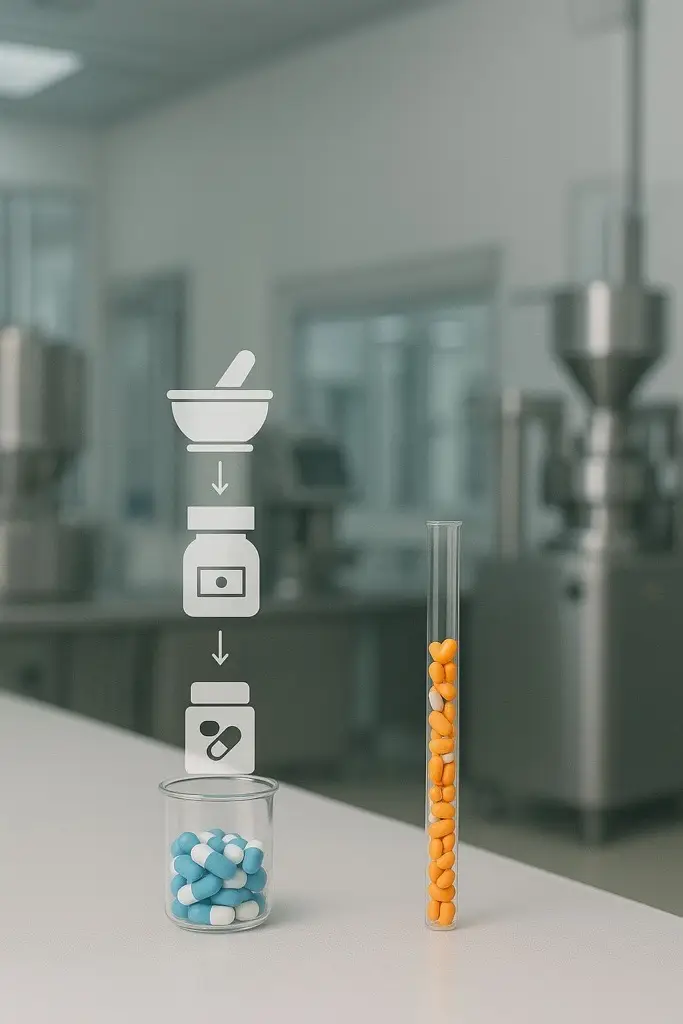Pharmaceutical department

Head of Department:
Dr.. Dr. Abdullah bin Sulaiman Al-Jutaili
Office :
QU-UC-B4-L2-R-4040 College of Pharmacy B2 Second Floor Office 4040
Phone number :
0163015747
e-mail:
Pharm.pc@qu.edu.sa
Vision
National leadership in pharmaceutical education and research, and support for effective partnerships
Mission Statement
Providing accredited pharmaceutical education to prepare qualified pharmacists, and providing professional and research services to promote national development, in an inspiring and governed environment that stimulates innovation, technology and partnership.
An Overview
The Department of Pharmaceutics at the College of Pharmacy at Qassim University is a key pillar of the Doctor of Pharmacy program, playing a pivotal role in the preparation of scientifically and professionally distinguished pharmaceutical cadres. The department offers specific courses covering pharmaceutical microbiology, calculations, pharmaceutical formulations and their properties, the development of drug delivery systems and analysis of their behavior within the body to ensure efficient drug delivery to the sites of effect within the body at optimal concentrations, and the subsequent production of these formulations on an industrial scale with the best scientific standards. This provides students with in-depth knowledge and applied skills that qualify them to contribute effectively to pharmaceutical practice. The department also pays great attention to academic excellence and scientific research in line with the latest developments in pharmaceutical sciences.
Objectives :
1- Qualifying pharmacists with scientific and practical excellence in the fields of designing, evaluating, preparing and manufacturing medicines and evaluating their effectiveness, in line with the needs of the labor market and enhancing their ability to deal with contemporary challenges in the pharmacy profession
2- Promoting scientific research and innovation in various pharmaceutical fields, and supporting innovation that contributes to improving the quality of treatments provided to patients
3- Linking theoretical knowledge with practical applications by developing advanced educational curricula and providing an integrated learning environment based on the use of modern laboratory techniques and tools, to ensure that the highest standards of quality are achieved in all aspects of education and training.
4- Actively contributing to community service through education and providing scientific and applied solutions to the challenges that the pharmaceutical sector may face.
5- Keeping abreast of the latest developments in pharmaceutical sciences, by preparing pharmaceutical cadres capable of excellence and competition and having the ability to contribute to advanced research and projects in this field
